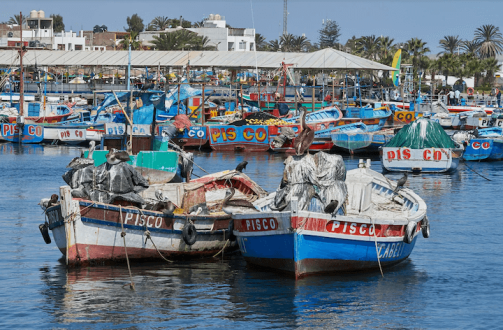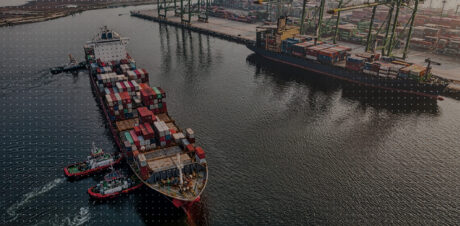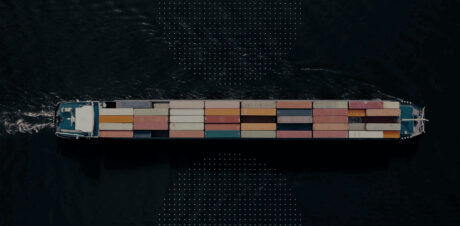An alleged money laundering scheme carried out by a family network based in Peru underscores how the Peruvian fishing industry has become a viable channel to clean illicit proceeds from a variety of predicate crimes.
The network — composed of several immediate family members and two of their financial fixers — used shell companies based in the British Virgin Islands (BVI), along with real estate and seafood companies in Peru to launder millions derived from drug trafficking and tax evasion, according to Peruvian prosecutors. They also invested the ill-obtained funds in luxury real estate and vehicles in Peru.
A previous investigation by a local investigative news outlet identified three Florida-based limited liability companies connected to the network. Using property records, we found that these companies served as vehicles to purchase over $15 million in luxury real estate on Miami Beach. Like the real estate and vehicles purchased in Peru, the luxury properties in Miami may have served as additional vectors to launder funds.
Additionally, at least one Peru-based seafood company implicated in the alleged money laundering scheme sent over 200,000 kilos of frozen scallops to customers in the U.S. and Europe since 2013, according to commercial trade data from Panjiva. While there is no evidence to suggest that the shipments themselves were part of a broader trade-based money laundering scheme, the company’s alleged involvement in facilitating money laundering suggests that illicit funds may have mingled with legitimate proceeds to harvest and process sea scallops for export.
The ease with which criminal organizations can launder ill-obtained proceeds through Peru’s vast fishing industry suggests that financial institutions should pay special attention to clients with assets connected to the Peruvian fishing sector. High-value wire transfers to Peruvian fishing companies from offshore entities, while not in and of itself an indicator of money laundering, should raise red flags and be examined accordingly. In the same vein, money transfers with no seemingly legitimate business purpose between companies in a network are also high risk.
Public corporate records — paired with other forms of publicly available information — can provide analysts with the context necessary to determine which companies are associated with a particular corporate network, thus enhancing anti-money laundering workflows.
Finally, companies importing seafood from Peru should conduct proper due diligence on their suppliers so as to mitigate the risk of conducting business with a seafood exporter that has been propped up by illicit funds.
Download the Barrera Palacios money laundering report



